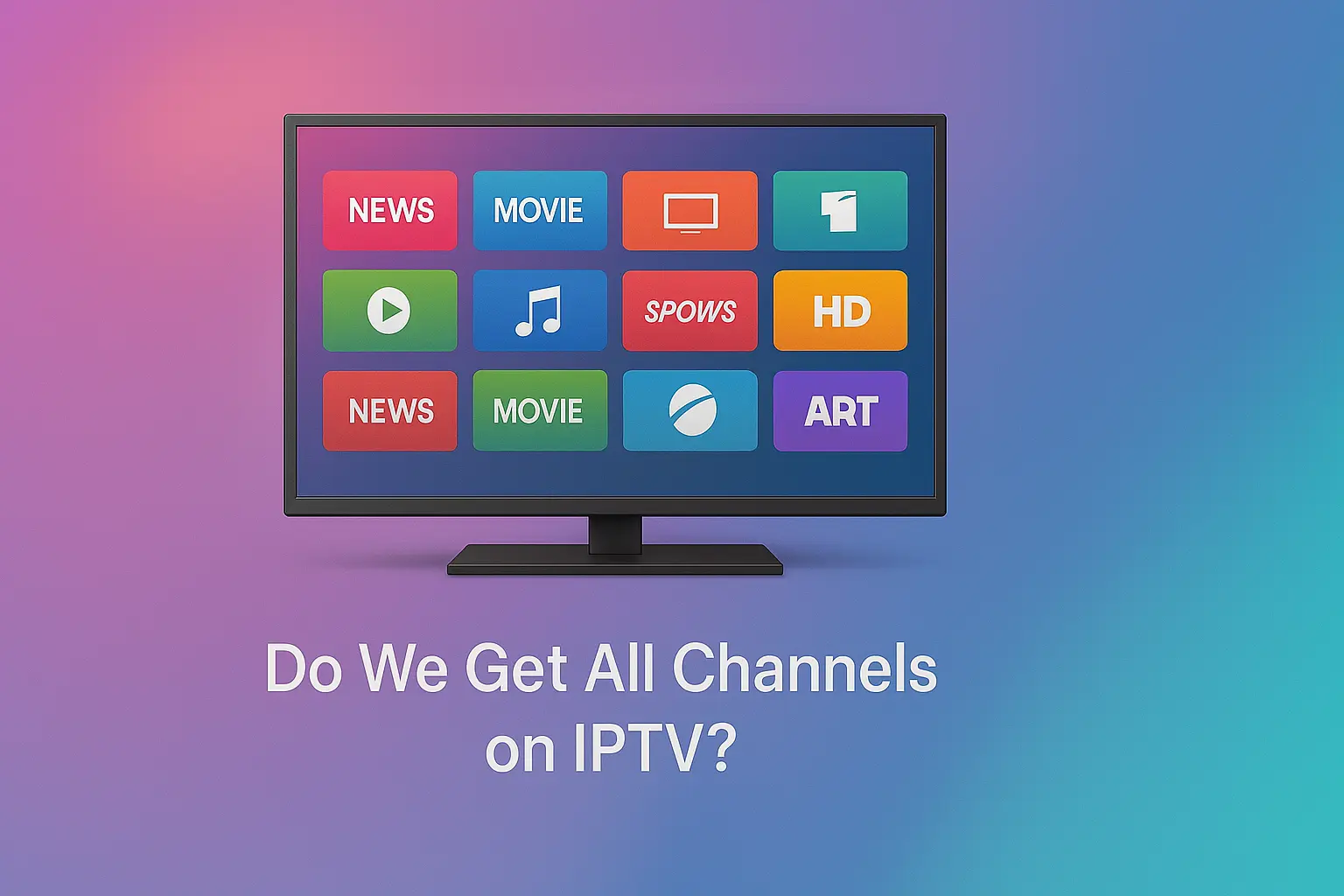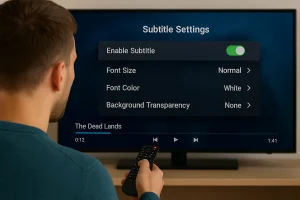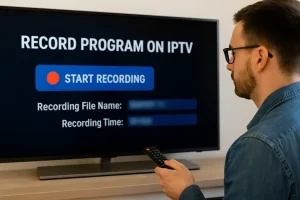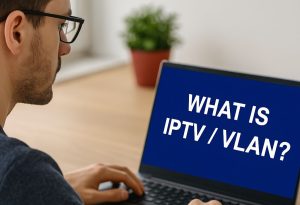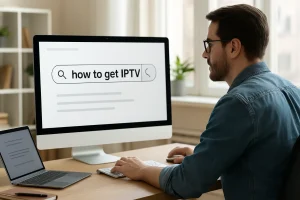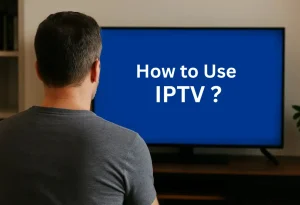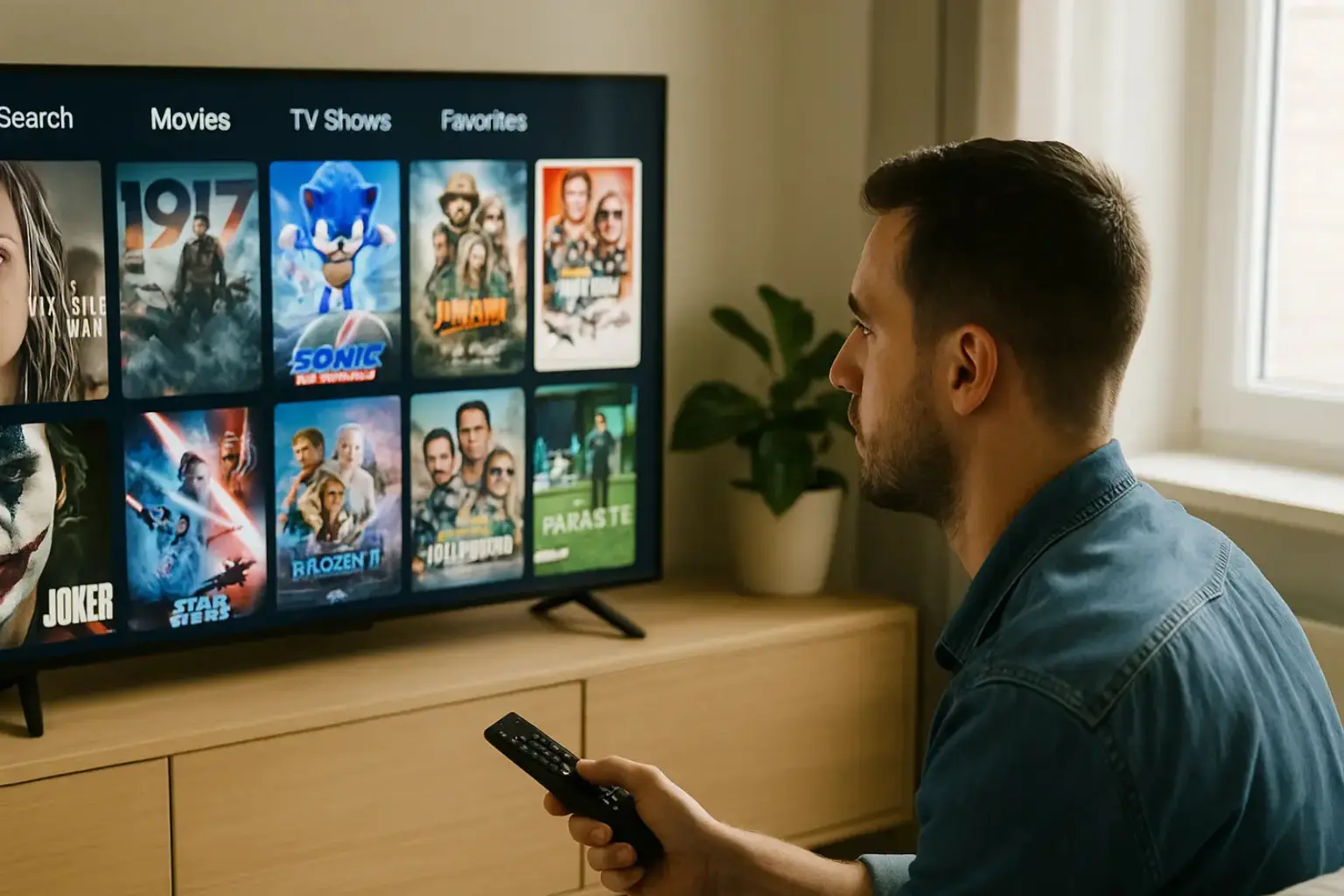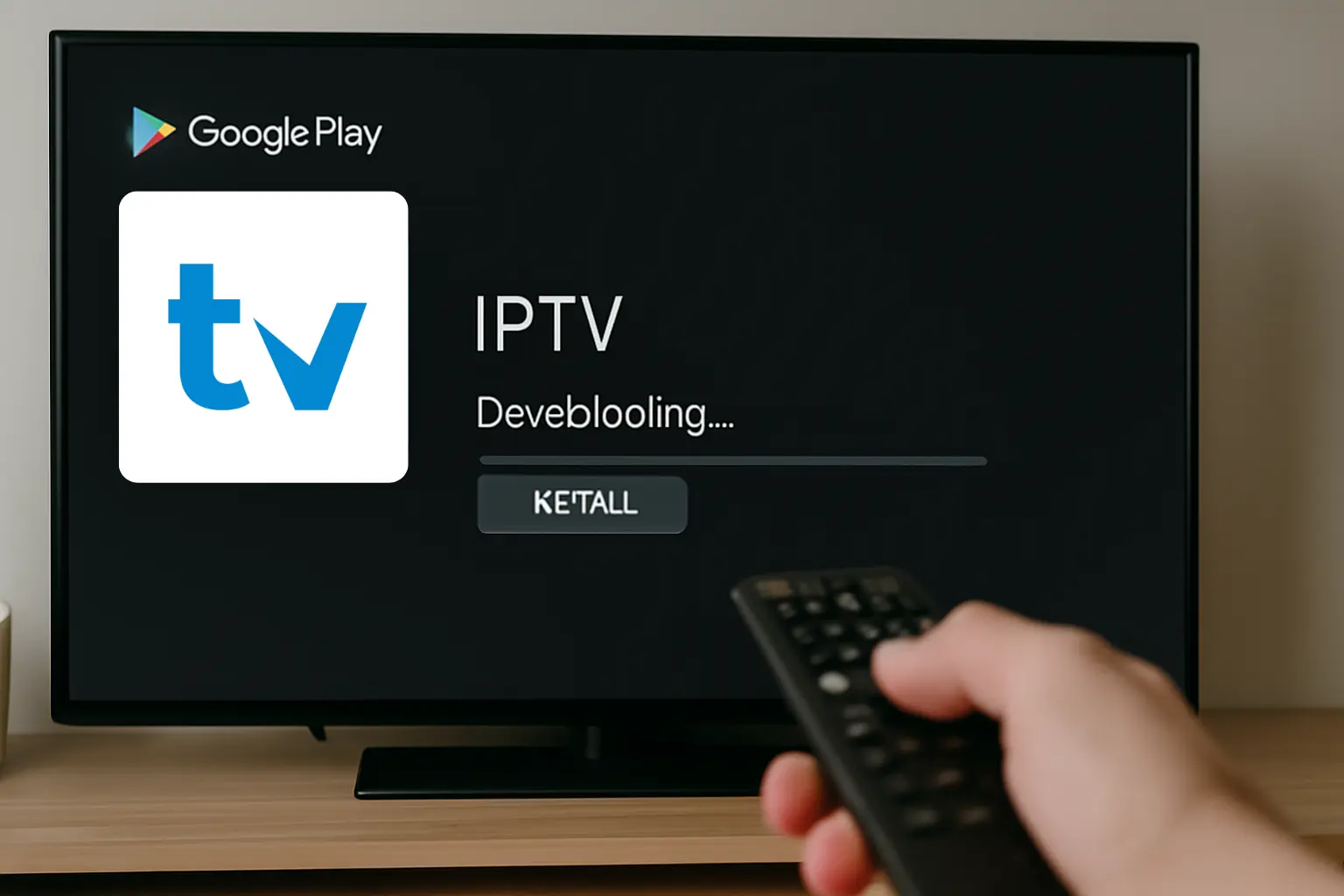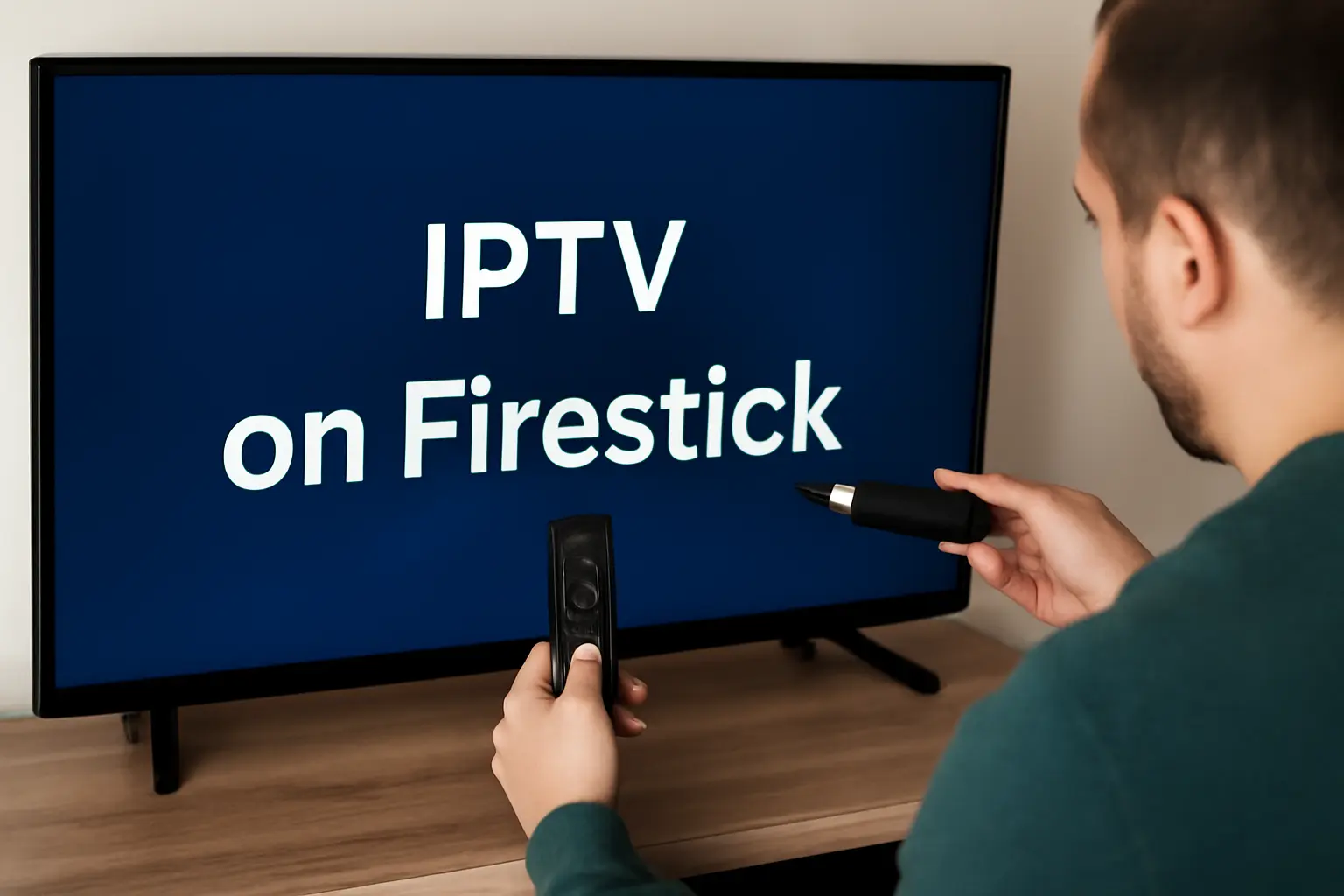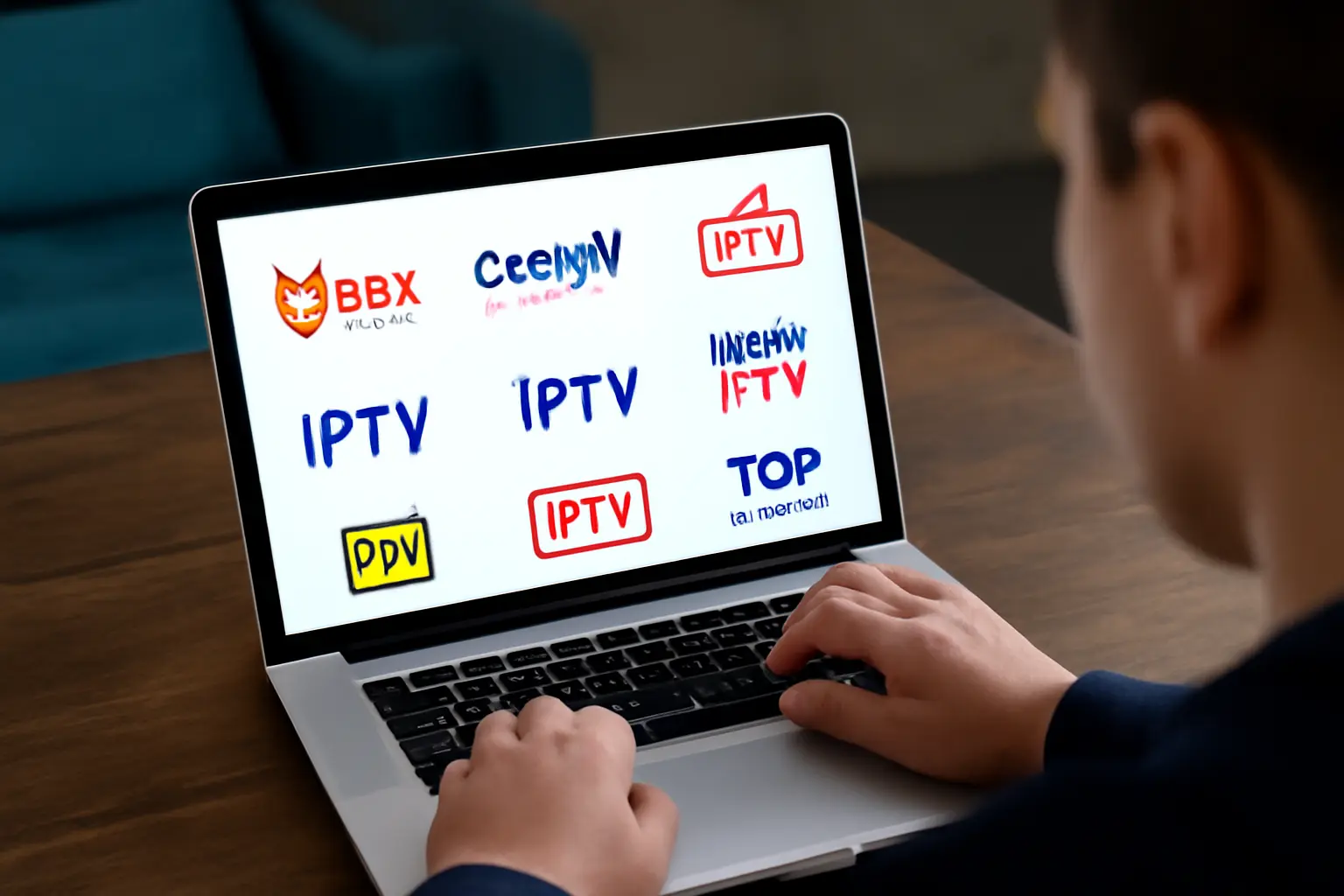The channel selection on IPTV varies depending on your provider, subscription tier, and regional licensing. While IPTV offers an extensive array of channels, you may not have access to every channel available. Premium and niche channels are often included in higher-tier packages.
It’s crucial to research providers and their offerings to ensure they align with your viewing preferences. Before diving into the world of IPTV, consider key factors such as the legality of the service, streaming quality, and device compatibility. Choosing the right IPTV subscription ensures a smoother experience and helps you avoid unreliable or unlicensed platforms.
Understanding IPTV and Its Offerings
What exactly is IPTV, and what can you expect from its offerings? IPTV, or Internet Protocol Television, delivers content via the internet, providing an alternative to traditional cable TV.
IPTV service providers offer a variety of channels, including live TV, on-demand content (VoD), and pay-per-view options. The availability of IPTV channels varies based on the provider, subscription package, and licensing agreements. You can access local, national, and international channels, although not all IPTV services provide premium channels like HBO or sports networks.
Extensive VoD libraries featuring various genres are available, and specialized sports packages for live games and major leagues may be included in higher-tier subscriptions. IPTV services can be subscription-based, free with limited channels, or hybrid/cloud-based for multi-device streaming.
Types of IPTV Services and Channel Availability
IPTV services come in various forms, each offering a unique selection of channels based on factors such as subscription tiers, licensing agreements, and regional restrictions.
Subscription-based IPTV providers dominate the IPTV market, with premium channels available at higher price points. Free and hybrid/cloud-based options also exist, catering to different viewer preferences. The channel lineup you receive depends on your chosen IPTV subscription and provider.
Some services offer customizable packages, allowing you to tailor your viewing experience. However, regional restrictions may limit access to certain channels, and VPNs may be necessary for international content. While extensive, the channel availability on IPTV varies across providers, ensuring a diverse range of offerings to suit different tastes and budgets.
Legal and Ethical Considerations
While IPTV offers a vast array of channels and content, it’s crucial to consider the legal and ethical implications surrounding this technology. In contrast to traditional cable and satellite TV, Internet Protocol Television (IPTV) services operate through different licensing and distribution models.
It’s essential to distinguish between legal, licensed IPTV providers and those operating in a gray area. Legal streaming services, such as Sling TV and Hulu + Live TV + IPTV Prime Hub, secure proper licenses and comply with copyright regulations. However, some IPTV offers may provide unauthorized access to copyrighted content, exposing users to potential legal risks.
Before subscribing to an IPTV service, research its legality in your region and prioritize licensed providers to ensure a stable, high-quality, and ethical viewing experience.
Quality of Service and Device Compatibility
Streaming quality and compatibility are crucial factors when considering an IPTV service. IPTV quality varies based on your internet speed and the provider’s infrastructure, with HD and 4K content availability depending on your subscription tier. Insufficient bandwidth may lead to buffering and lag issues, so many providers offer trial periods to assess service quality before you commit.
IPTV services are compatible with various devices, including smart TVs, smartphones, tablets, and set-top boxes. Streaming devices like Roku or Amazon Fire TV can enhance your viewing experience, but you should confirm device compatibility before subscribing. Many IPTV providers offer a variety of devices and apps for accessing their services, allowing you to choose the most suitable option for your setup.
Frequently Asked Questions
What Channels Do I Get From IPTV?
Your IPTV channel availability depends on your provider’s content selection and pricing models. Compatible devices and streaming quality also influence your viewing options. To determine your specific channel lineup, consult your IPTV provider’s subscription details.
Can I Watch Anything on IPTV?
While IPTV offers flexible channel selection, you can’t watch everything due to content licensing issues and subscription plan options. Consider hidden fees and device compatibility requirements when choosing a provider that suits your viewing preferences.
Which IPTV Has More Channels?
To determine which IPTV service provider offers the most channels, you’ll need to compare channel availability across different IPTV subscription packages. Premium channel access and regional channel diversity vary by provider, so a thorough analysis is necessary.
What Are the Limitations of IPTV?
IPTV’s limitations include data bandwidth constraints affecting service reliability, limited content availability due to licensing agreements, potential device compatibility issues, and geographic restrictions on accessible channels, which may vary across providers and subscription tiers.

